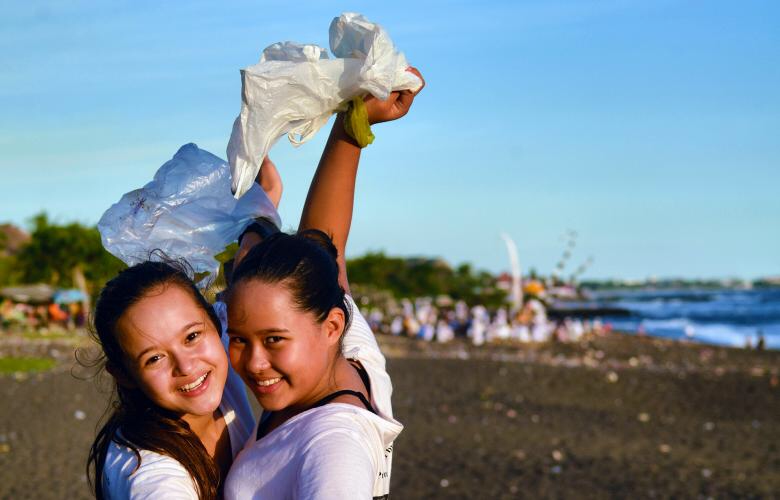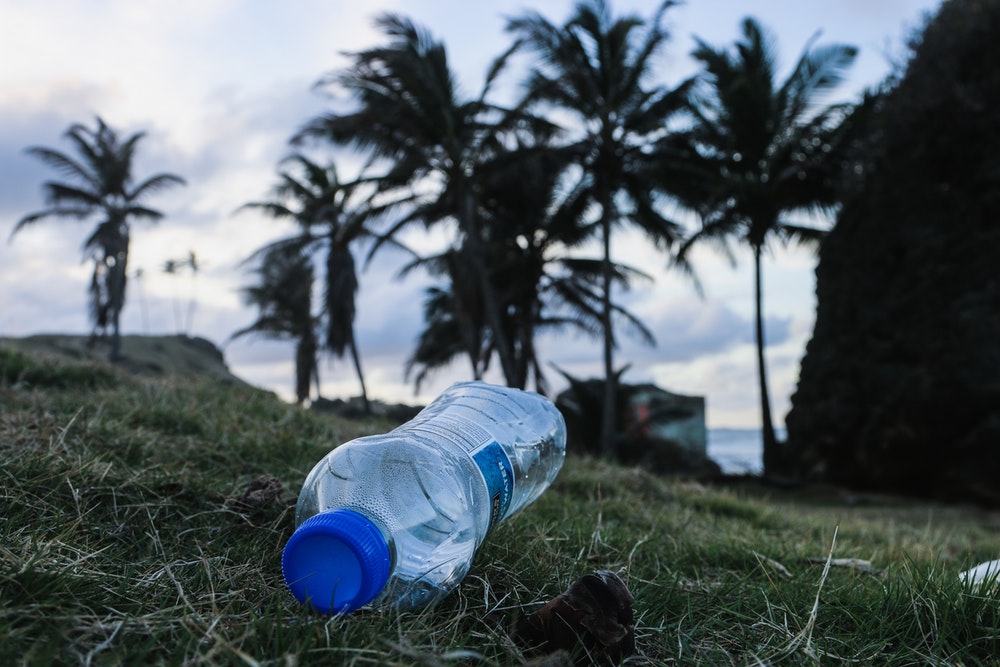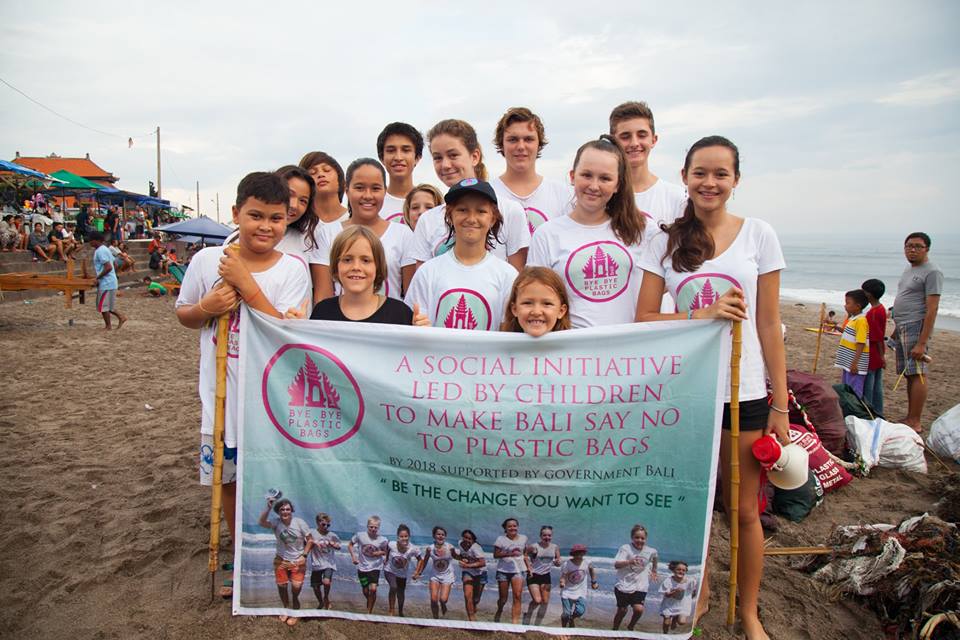
Bali just became the first Indonesian province to officially ban all single-use plastic bags, straws and polystyrene in a move environmental activists hope will have a domino effect across the country.
Bali officially bans single-use plastic bags, straws and polystyrene across the island
Bali’s long promised plastic bag ban is now officially in effect as of June 23rd, 2019. After a six months adaptation period, the Bali government officially announced the ban on all single-use plastic bags, straws and polystyrene/polyfoam, becoming the first province in Indonesia to do so.
Bali leads the way in Indonesia With island-wide single-use plastic items ban
From June 23, 2019, Bali became the first Indonesian province to officially ban all single-use plastic bags, straws and polystyrene in a move environmental activists hope will have a domino effect across the country.
On January 1, 2019, Rai Mantra, the Mayor of Denpasar announced Bali’s capital would ban single-use plastic bags in supermarkets, convenience stores and shopping centres. Now, six-months later, the ban has been officially extended across the island under something called Pergub Bali No. 97/2018 to include everyone from modern retailers to traditional markets in cities, towns and villages.
Bye Bye Plastic Bags campaign
According to a recent article published by Gapura Bali, much of the credit for Bali’s war against single-use plastics has to go to Melati and Isabel Wijsen, the sisters responsible for the Bye-Bye Plastic Bags (BBPB) campaign in Bali" and their team of dedicated volunteers who have been on the front-line for a plastic free Bali for over five years.
Efficiently managing waste in Bali
According to a report by by System IQ, ‘just over 48% of waste generated in Bali is managed responsibly, either through recycling or landfill, while the rest is burned or pollutes land, waterways and the ocean. As a result, 33,000-tons of Bali’s plastic waste ends up in the ocean each year.’
For visitors and locals alike, the shocking proof of this has been afflicting Bali’s most popular beaches in recent years, something which prompted the local government to declare a ‘Garbage Emergency’ in 2017.
Can Bali be a model for the world?
The latest ban in Bali is already being welcomed by some of the island’s leading international and local hotel brands. What’s New Indonesia spoke with The Westin Resort, Renaissance Bali Uluwatu, The Stones Legian and Padma Hotels who have been implementing environmentally friendly and sustainable initiatives and they welcome the latest island-wide ban.
Source: GapuraBali

What does the ban actually mean for Bali?
In their latest newsletter, Bye Bye Plastic Bags explain the implementation process: “The 23rd of June 2019 marks a big day in history for all of us activists, environmentalists and longtime supporters of the plastic free movement.
The government even has a special task team in charge of the implementation of the Pergub No. 97/2018. The vision is to involve the local level authorities and village laws (Perdes), traditional and adat laws (i.e Perarem), which are able to support effective implementation on a local level.
And plus, there will be another 6 months of hardcore education and socialisations with communities and businesses across the island.”
Although the ban is officially in effect, the government is in a period of adaptation. The Pergub Bali No. 97 2018 (the ban), which should be fully in action in a 6 months period is radical and will prohibit retailers, consumers and distributors on all level of trade to use single use plastic bags, straws and polystyrene.
This means from the modern retailers to traditional markets, warungs (small, family-run businesses), to the city and village level, these single use plastics will not be in use anymore.
The Bali Governor is hoping that the ban will help maintain the harmony and balance to Bali’s ecosystem. He has expressed that strict sanctions will be put forward to businesses who fail to react.
Source: MakeAChangeWorld


10 BITS OF PLASTIC YOU CAN QUIT TODAY
Here at Bright Vibes we are passionate about the environment, and we're keen to promote anything that can help improve the world we live in for ourselves and for future generations. Here are 10 suggestions of everyday plastic items we can all easily live without, and by quitting them we are doing our bit to reduce demand and production, further reducing the risk of more plastic finding its way into our oceans and food-chain.